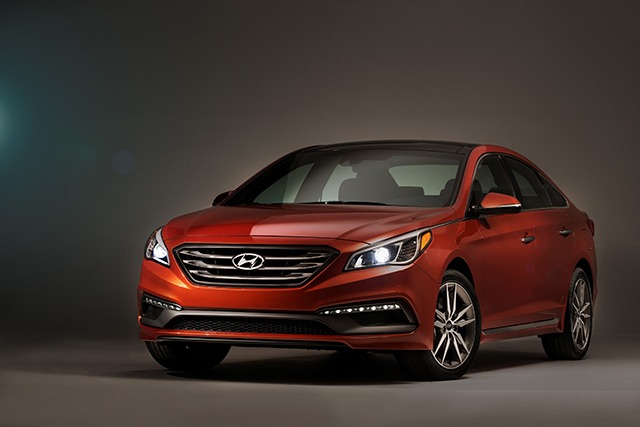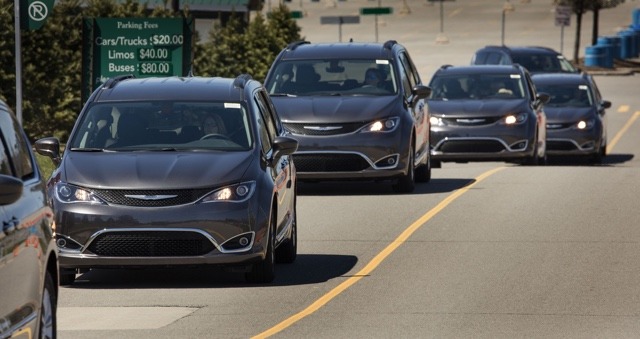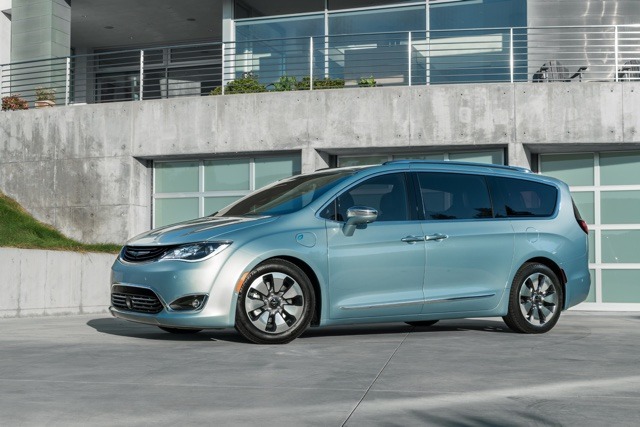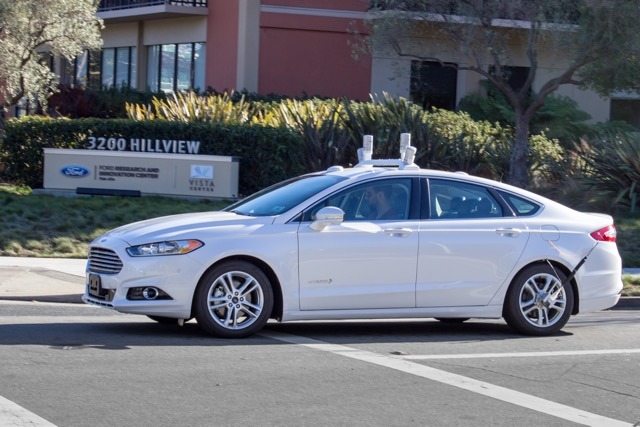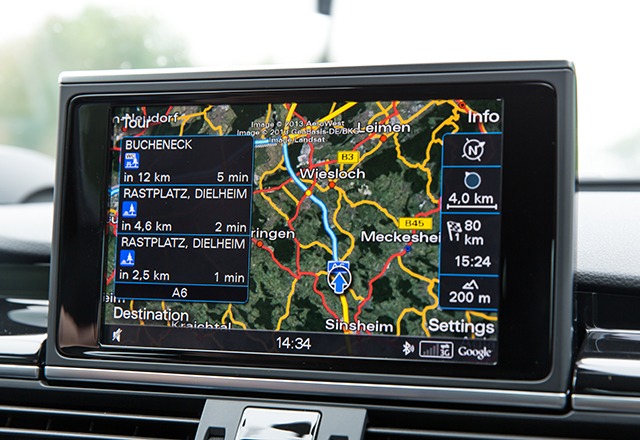Search the Community
Showing results for tags 'google'.
-
Google has released an update for the Google Maps Navigation app when searching for Electric Vehicle charging locations. Now when a user searches for a charging location, the app will show how many ports are currently in use out of the total in real time. This way, the driver no longer needs to phys...
- 26 comments
-
- charging
- charging stations
-
(and 4 more)
Tagged with:
-
Google has released an update for the Google Maps Navigation app when searching for Electric Vehicle charging locations. Now when a user searches for a charging location, the app will show how many ports are currently in use out of the total in real time. This way, the driver no longer needs to phys...
- 26 replies
-
- 1
-

-
- charging
- charging stations
-
(and 4 more)
Tagged with:
-

This Is What A Driverless Pacifica Plug-In Hybrid Looks Like
William Maley posted an article in Chrysler
Back in May, Google and Fiat Chrysler Automobiles made a startling announcement. The two would partner on building 100 specially prepared Chrysler Pacifica plug-in hybrid minivans with Google's autonomous driving technologies to be used for testing. Today, Waymo (the offshoot of Google's self-drivin...-
- autonomous
- chrysler
- (and 7 more)
-
Google and Fiat Chrysler Automobiles made waves earlier this year when it was announced the two would build 100 autonomous prototypes based on the all new Pacifica Plug-In Hybrid. Now the two could be working together on a ride-sharing service using autonomous vehicles. Bloomberg has learned fr...
- 2 replies
-
- autonomous ride sharing
- fca
-
(and 3 more)
Tagged with:
-

Rumorpile: Google and FCA To Begin An Autonomous Ride Sharing Service
William Maley posted an article in Chrysler
- 2 comments
-
- autonomous ride sharing
- fca
-
(and 3 more)
Tagged with:
-

Hyundai In Talks With Google About A Possible Partnership
William Maley posted an article in Hyundai
-
Over the weekend, we reported that Fiat Chrysler Automobiles and Alphabet Inc. - Google's parent company - were in talks about a technology partnership to use Google's self-driving tech in a vehicle, the new Chrysler Pacifica. Yesterday, the companies made it official. This is the first time tha...
- 3 replies
-
- Alphabet Inc
- Chrysler Pacifica
-
(and 3 more)
Tagged with:
-

It's Official! Fiat Chrysler Automobiles and Google Announce A Partnership
William Maley posted an article in Fiat
- 3 comments
-
- Alphabet Inc
- Chrysler Pacifica
-
(and 3 more)
Tagged with:
-
Alphabet Inc. - Google's parent company - wants to find automotive partners to use their autonomous technologies. Fiat Chrysler Automobiles is looking for partners to help offset costs of development and production. In fact, CEO Sergio Marchionne has hinted that he is open to working with a technolo...
- 2 replies
-
- Alphabet Inc.
- FCA
-
(and 6 more)
Tagged with:
-
Alphabet Inc. - Google's parent company - wants to find automotive partners to use their autonomous technologies. Fiat Chrysler Automobiles is looking for partners to help offset costs of development and production. In fact, CEO Sergio Marchionne has hinted that he is open to working with a technolo...
- 2 comments
-
- Alphabet Inc.
- FCA
-
(and 6 more)
Tagged with:
-

Rumorpile: Ford and Google to Team Up to Build Self-Driving Cars
William Maley posted an article in Ford
-
Autonomous vehicles could be getting a large boost thanks to a new alliance between Ford and Google to build self-driving vehicles. Yahoo Autos has learned from three sources that the two companies will be announcing a partnership at the Consumer Electronics Show next month. Details of this new...
-
So cruzing through the media.gm.com web site, I saw this update on the Chevy AppShop story which shows that GM has now signed Apple and Google to make the connection so that GM auto's will have a touch screen and you can choose to have the Apple Interface with Apple App Store or an Andriod Interface...
-
Google, Audi, GM, Honda, Hyundai, and NVIDIA announced at the Consumer Electronics Show today a new partnership called the Open Automotive Alliance (OAA). The overall goal of the alliance is to help speed up the development of technological innovation in the auto industry by openness, customization,...
-
Google, Audi, GM, Honda, Hyundai, and NVIDIA announced at the Consumer Electronics Show today a new partnership called the Open Automotive Alliance (OAA). The overall goal of the alliance is to help speed up the development of technological innovation in the auto industry by openness, customization,...
-

Kia's Next Generation UVO System To Feature Google Integration
William Maley posted an article in Kia
- 5 comments
-
- Infotainment System
-
(and 2 more)
Tagged with:
-
William Maley Staff Writer - CheersandGears.com January 2, 2013 Kia announced today that it has teamed up with Google to enhance the second generation of their UVO (Your Voice) infotainment system. The second-generation system will feature a Send2Car feature that allow owners to send directions...
- 5 replies
-
- Infotainment System
-
(and 2 more)
Tagged with:


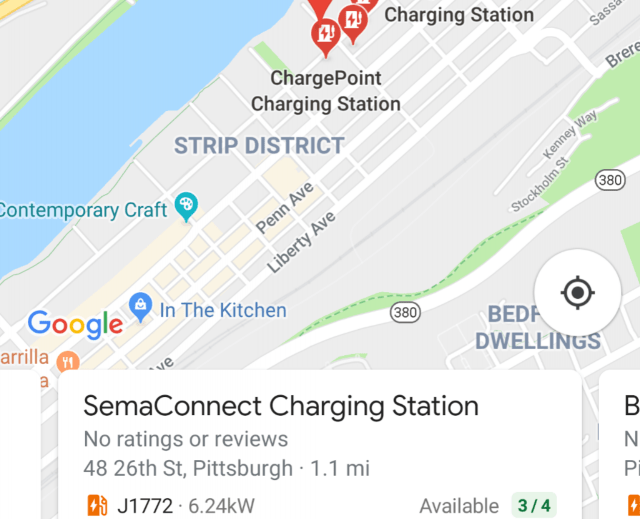


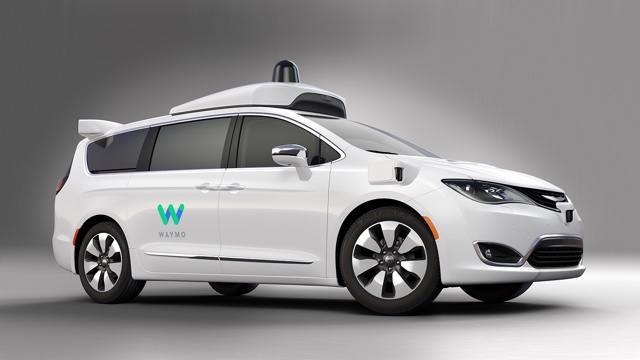
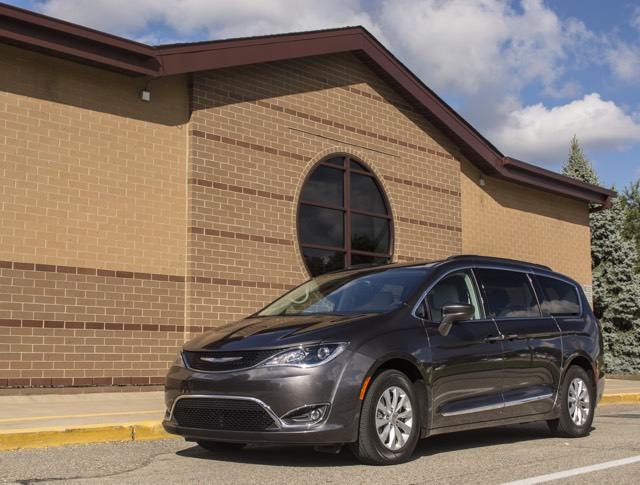

.thumb.png.a42766e852641913270e823f668924e0.png)
.png.c4ea6714a2fbbb3ab9c9bc356d89e831.png)
